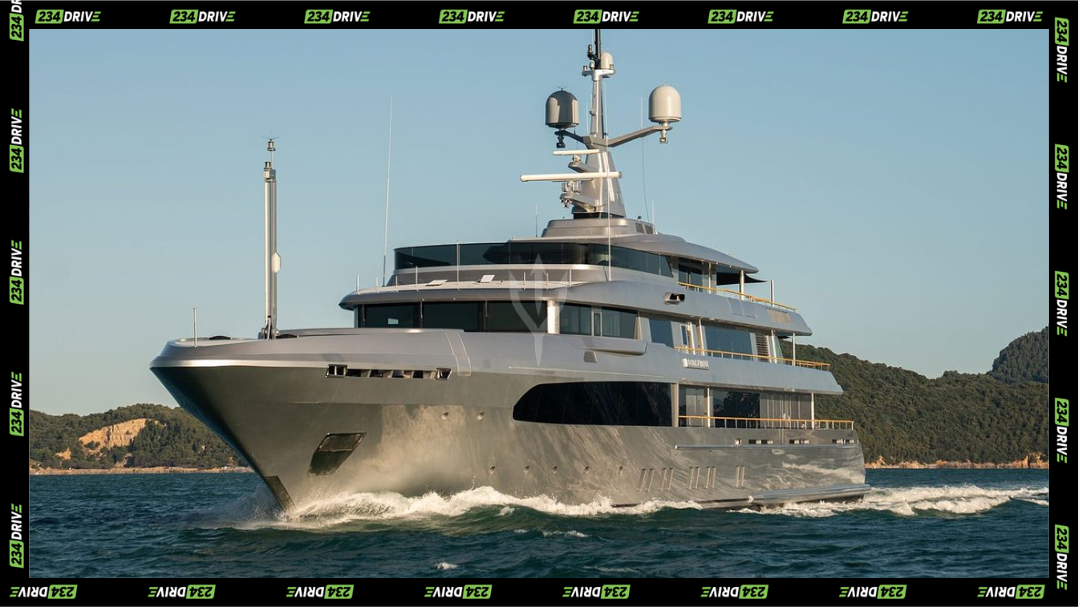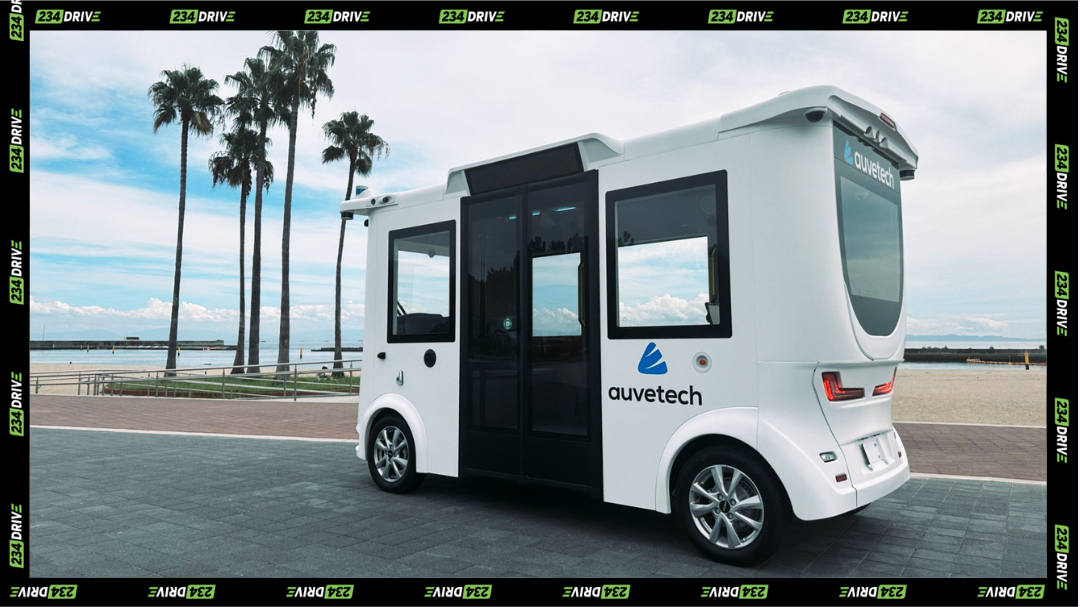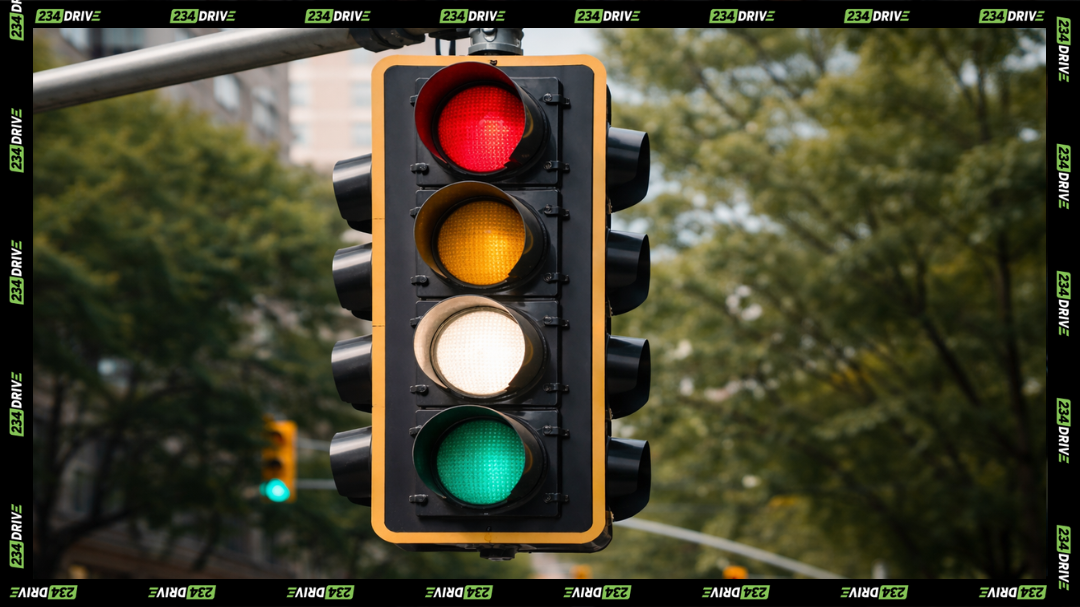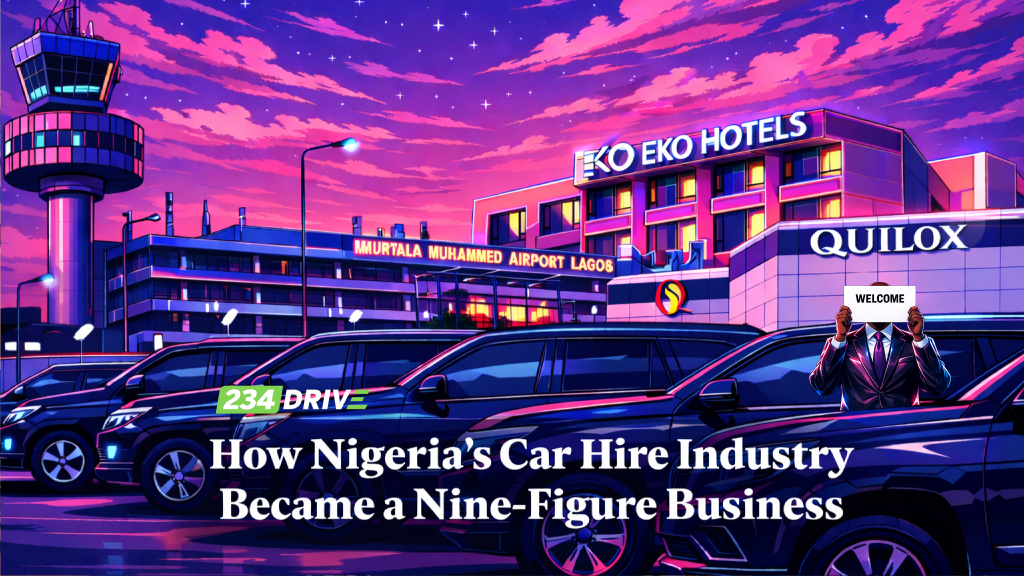In a significant regulatory shift, the Nigeria Customs Service (NCS) now only permits the importation of vehicles manufactured in 2015 or later—effectively enforcing a strict 10-year age limit on foreign-used cars entering the country. This latest development marks the culmination of a three-year tightening of customs regulations aimed at modernizing the national vehicle fleet and curbing environmental and safety concerns.
From 15 to 10 Years: A Timeline of Shrinking Age Limits
The current policy comes after a steady reduction in the acceptable age for imported vehicles. In May 2022, the NCS reduced the age limit from 15 to 12 years as part of its Vehicle Identification Number (VIN) Valuation Policy. This move, intended to standardize import duties and eliminate undervaluation, was met with resistance from importers and clearing agents who viewed it as economically burdensome.
Shortly after, by July 2022, the limit unofficially dropped to 9 years, according to industry reports. By 2023, the benchmark hovered around 10 years, aligning with vehicle manufacturing dates of 2014 and beyond. These changes led to protests and widespread criticism from freight forwarders and port users.

In August 2024, port stakeholders formally proposed increasing the limit from 13 to 15 years to ease affordability challenges for average Nigerians. However, the proposal was not adopted. The NCS has maintained its stance, citing safety, environmental protection, and fiscal efficiency as primary motivations.
Current Policy as of 2025
As it stands in May 2025, only vehicles manufactured in 2015 or newer may be imported without facing punitive duties. Any car older than 10 years—such as a 2014 Toyota Corolla or a 2013 Honda Accord—will either be barred or subjected to heavy import penalties.
This policy is reaffirmed by the Clearing Agent platform, which explicitly states: “We can only import vehicles that are 10 years old and younger, or newer.” Cars manufactured before 2015 are effectively blocked from the Nigerian market unless importers are willing to pay extra charges based on outdated VIN values.
The ripple effects of this rule are significant. Importers warn that used vehicles, already a staple for Nigeria’s middle and working-class population, will become less accessible. According to Legit.ng, car prices have surged since the policy’s evolution began in 2022.
Meanwhile, the government defends the policy as necessary for national progress. “We are aligning with global environmental standards and improving road safety,” said a senior customs official who requested anonymity.
Looking Ahead: Policy or Pressure?
With growing pressure from stakeholders and economic observers, it remains to be seen whether the NCS will revise the policy. However, as of now, importers, dealers, and buyers must comply with the 10-year age rule or face steep costs.
What This Means for Buyers
If you’re planning to buy or import a car in 2025, ensure it’s a 2015 model or newer. Anything older may not be cleared at Nigerian ports without complications. Popular eligible models include:
- Toyota Camry 2015+
- Honda Civic 2015+
- Ford Explorer 2015+
Always check with customs or verified clearing agents for the latest regulations before purchasing.










